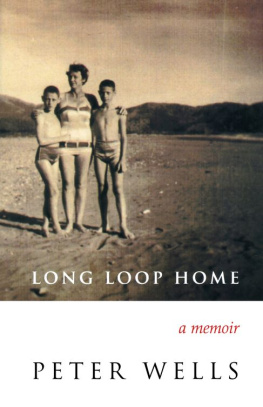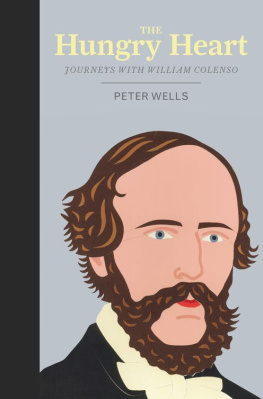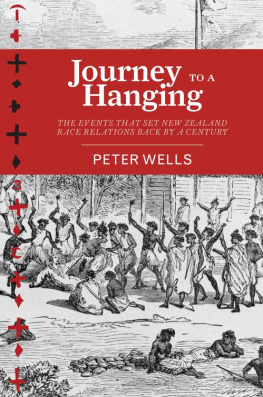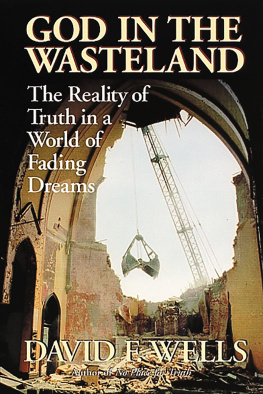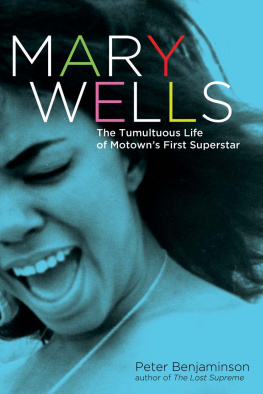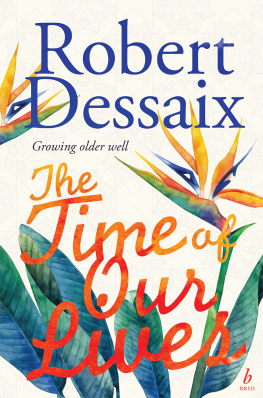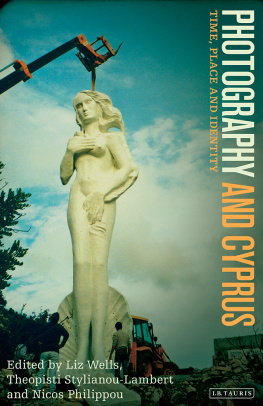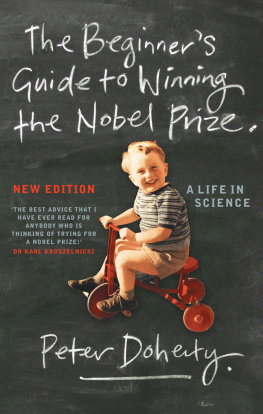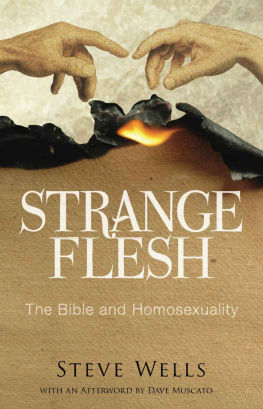L et me begin by saying that none of this is true. Not literally true. It is true only in the sense that I am going back to look at how I made sense of the situation I found myself in. Even very small children draw conclusions. I made sense of my own family life in a way that seems to me now, as an adult, faulty. I made certain decisions that, in effect, changed my life. One of these decisions was made when I was nine; another momentous decision was made when I was eleven. There is probably nothing more tenacious than an insecure childs reason. But when you read these lines, please accept that nothing I say is, in an objective sense, true. This is a story one written, moreover, by a writer of fiction and a writer of fiction is only a born liar who has found some use for his talents.
Y ou tend to have two attitudes to where you grew up. Theres the child version, which is instinctive, absorbent and usually relatively non-judgemental . Then there is the later version, strained through how you adolesced (if there is such a verb and there should be). The thing with adolescence is that it is massively judgemental. There is probably no one more moral, and amoral, than a teenager. With almost no experience of the complexities and compromises that come from dealing with life, you tend to have extravagantly high moral standards in certain regards (and abysmally non-existent ones in others).
When I, as a teenager, turned and looked at where I grew up Point Chevalier, an ordinary enough Auckland suburb I saw only a prison, keeping me away from everything that seemed more real, more fruitful. I saw a wasteland, where there was nothing to nurture me. I saw, almost literally, a no-mans-land. This is because I was growing up to be homosexual, and looking around me I sensed I could never be absorbed into what seemed a heterosexual universe. Do you ever get over growing up in a world that seems imprinted in a way that excludes you? Or is this, in fact, the experience of everyone? Possibly. But I think the degree can be crucial.
Im getting a certain distance from where I grew up and this is probably only symptomatic of the number of issues that lie between me and a place I still have confused, mingled feelings towards. Now that I am almost, unbelievably, half a century old, I feel a yearning for the place in which I grew up. Those early absorbent memories of childhood, so primal as to seemingly describe the world, speak to me still, seem to lean against the moist membrane of my outer self and send, like a heartbeat, a message that something still lives back there. Is this the meaning of unfinished business?
I grew up in a place that has a quite distinct geographical identity. This is because it is a small peninsula, with everything that is implied in that: the calm of insularity, the penile shape, I guess, of something pushing out into a harbour, or water. Historically the place was known as Rangi-mata -rau. Six years before Captain Cook first sighted New Zealand, the beach was the site of a fierce battle between Ngati Whatua and Ngati Paoa. My two friends (my brother Russell and Frankie, a tomboy who might as well have been our sister) and I played in a pit that was, quite possibly, a lookout from this early period. When I went back there forty years later I saw how it looked right up the harbour. We had chosen it, or found it, on our forays in the park. In our minds it was our bunker.
Wed watched enough World War II movies for this to be the imprinting image on our brains. Im not talking nostalgia here. Im talking about something more primary, more necessary something cauterising and branding too, with the pain of something embedded in flesh. A tattoo perhaps, invisible to the eye, but still marking me out, confirming in me ways of doing, of seeing. Even ways of wincing at times. Its fascinating the way childhood feelings have a way of returning, on the long loop home.
I f I grew up in the calmness of insularity, this for a long time appeared pleasing: self-contained, entire and, up to a point, complete. I accepted the terms of the world I grew up in, for a long while not really doubting things. Or perhaps the doubt came in the form of dreams. If I accepted what I saw in the daylight world, I was plunged at night into a chaotic, mysterious reality so powerful that it left me exhausted, seeming to have travelled great emotional distances. I never really saw the outside world in the same way again. I kept some private doubt.
My parents were like any young parents, hoping that the new generation could avoid the mistakes and messes of the old. Thats impossible, of course or at the very least, a big ask. Do I blame my poor old parents for what was so inexpertly hidden. yet placed so far at the black of the psychic drawer it has taken almost my entire lifetime for the truth to bleed out? Were they not doing what they thought was best? It was the way people behaved then. It was different word.
Its impossible not to talk of politics. I grew up in the baby boom, which meant that in the same breath as supposedly being born into one of the luckiest generations of the twentieth century, we were also born on the cusp of a vanished war. The sounds of this trauma off-stage, tidily put to rest, seemed symptomatic of my childhood. Just as I had dreams of gargantuan yet very precise horror, so there had been horror on a global scale just five years before I was born. The Cold War was slicing everything into a schizoid division, neat as it was paranoid. I grew up unthinkingly conservative, racist, snobbish to an almost hallucinatory degree, rabid just as I was uncertain.
W hen it became apparent I was homosexual, I have to be honest and say I would never have known I was anything unusual at all, until it was pointed out with such assiduity, such disbelief, such ribaldry, such sharp and vindictive humour. With this new self-consciousness awarded to me, I became increasingly aware of a conflict between myself and the world I lived in. Perhaps it was symptomatic of the narrowness of my horizons, my constriction, that the world I lived in translated almost purely to Point Chevalier. By the time I was a teenager, the world that surrounded me was the rugby-league club, the tap-dancing class, Sunday school, the athletics club, scouts; yet none of these could answer my needs; indeed, each one of them served to exaggerate the one fact: I didnt seem to fit anywhere. Or I could only fit by trying to pass. And I did try to pass. Desperately, for a long time. Of course if I had known how impossible this was such a waste of time, such a terrible misuse of my youth I would probably have given up on the spot. Many young people do. They kill themselves. I did think of this, broodily, in a typically teenage way but I chose not to kill myself. I chose to go on living.
M any years later my mother could still be heard to say, blithely, Of course it was a wonderful place to grow up. There was everything there you could want. And she would tick them all off on her fingers: the scouts, athletics, the church and swimming. It was perhaps only when my books began to appear, and she covertly read them, that a certain, embarrassed, even mystified silence would fall. I felt in her a kind of consternation. She was finding it difficult to match up her own view, or take on my childhood, with my view. Perhaps the sense of pain in my childhood shocked her.

